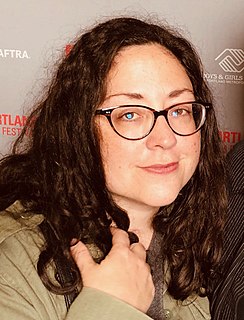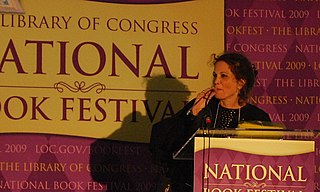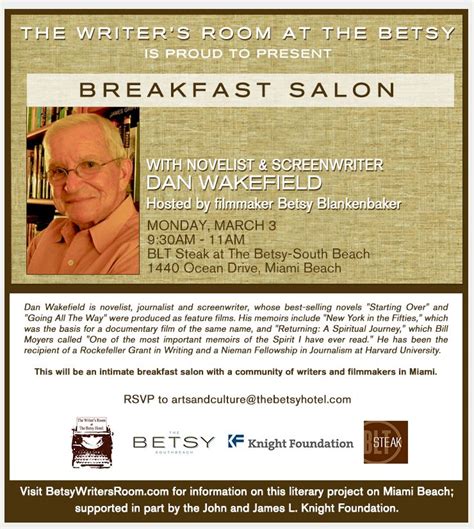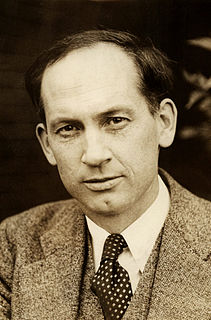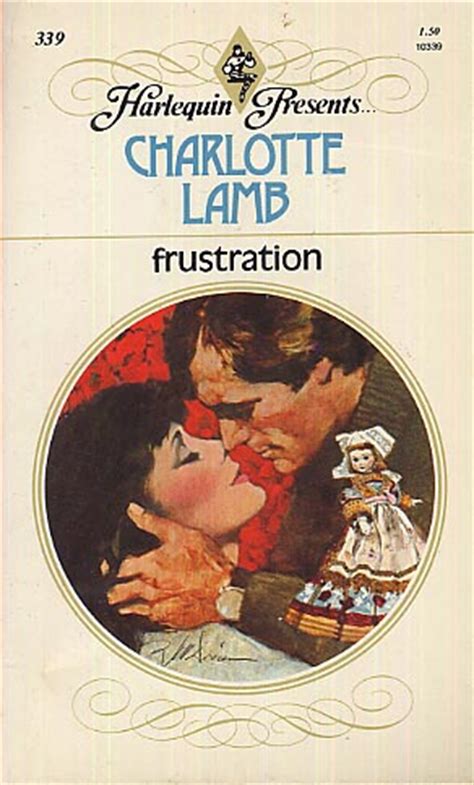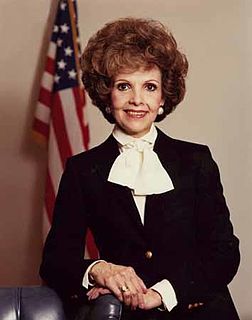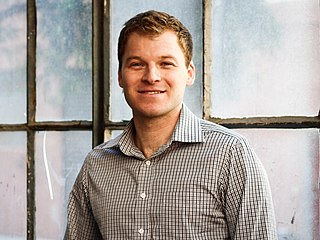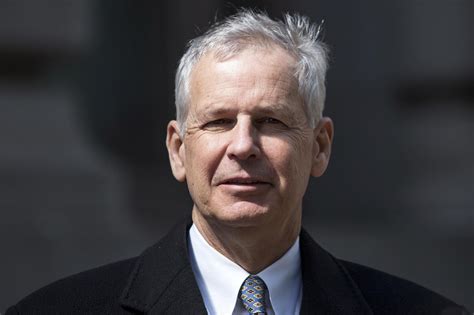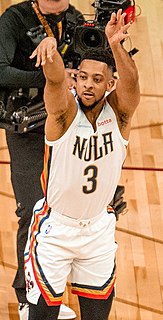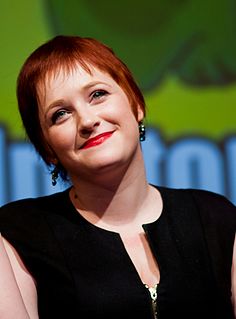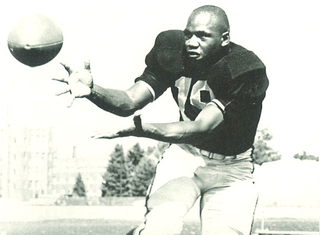Top 1200 Reading Or Writing Quotes & Sayings - Page 16
Explore popular Reading Or Writing quotes.
Last updated on April 19, 2025.
I was always a slow reader, from the very beginning. I remember in first grade our teacher divided us into groups, and I was definitely in the slow group. She didn't call it that, but everybody in the class knew. But I still loved reading. Being a slow reader affected my grades in school, but it didn't affect my love for reading. I still loved going to the library, and I still loved reading books.
That underscored this idea that when we're reading a book or writing a book, you're in an act of co-creation. The reader and the writer are both trying to dress up and present their best selves and then there's that moment, when suddenly, as a reader, you're not exactly you anymore, and likewise, as a writer, you're not really you.
People who write for reward by way of recognition or monetary gain don't know what they're doing. They're in the category of those who write; they are not writers. Writing is simply something you must do. It's rather like virtue in that it is its own reward. Writing is selfish and contradictory in its terms. First of all, you're writing for an audience of one, you must please the one person you're writing for. Yourself.
My mother married again after my father's death - another Royal Air Force officer, and a very different kind of man. We went to Australia when I was eight or nine. We lived there for a couple of years, and then came back and lived in North Wales for the whole of my teenage years... I learned how to write poems quite a lot. I just had a good time reading and reading and reading. So that's where I did most of my growing up.
After all, reading is arguably a far more creative and imaginative process than writing; when the reader creates emotion in their head, or the colors of the sky during the setting sun, or the smell of a warm summer's breeze on their face, they should reserve as much praise for themselves as they do for the writer - perhaps more.
The real importance of reading is that it creates an ease & intimacy with the process of writing... It also offers you a constantly growing knowledge of what has been done and what hasn't, what is trite and what is fresh, what works and what lies there dying (or dead) on the page. The more you read, the less apt you are to make a fool of yourself with your pen or word processor.
For many years I was trying to find answers only through books but then I realized that basically, life is about experience and the thing that you have to do is experience life instead of only reading about it. Reading is very important, but it's not enough. After reading, you have to take some decisions in your hands and move forward and be the human being that you are, and then going and meeting people and work.
To be honest, what I struggled with in my degree is what's so helpful when it comes to social media in that I lack focus. I'll start reading about evolutionary biology and end up on quantum physics. While that makes writing your dissertation very difficult, for a page like IFLS, that's amazing because I get a wide range of everything.
When I used to teach writing, what I would tell my playwriting students is that while you're writing your plays, you're also writing the playwright. You're developing yourself as a persona, as a public persona. It's going to be partly exposed through the writing itself and partly created by all the paraphernalia that attaches itself to writing. But you aren't simply an invisible being or your own private being at work. You're kind of a public figure, as well.
When I finished reading '100 Years of Solitude,' by Gabriel Garcia Marquez, I got really sad. I thought, 'This will never happen for me, for the first time, ever again.' Then I opened 'Beauty Is a Wound.' It's a completely different story and writing style, but it has a similar place in my heart now.
